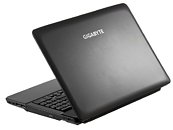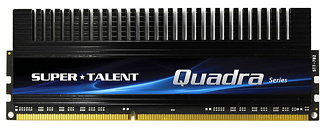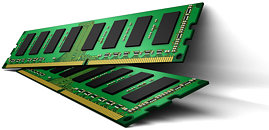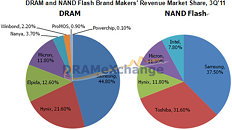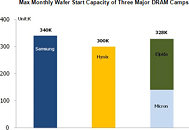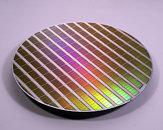EtronTech Ships USB 3.0 Flash Drive Controllers
EtronTech, which started out as a DRAM IC manufacturer, expanded into PC connectivity solutions, such as USB 3.0 host and webcam controllers, is now shipping its first USB 3.0 flash drive controllers. The EV268-series dual-core controllers come in 2-channel and 4-channel variants, with the ability to offer transfer-rates in excess of 230 MB/s. These controllers are designed to support 30 nm-class and 20 nm-class SLC/MLC/TLC NAND flash memory chips.
With the EV268, Etron entered a small but budding group of companies with USB 3.0 flash-drive controllers: VIA Technology/VIA Labs Inc. (VLI), Phison Electronics, and InnoStor Technology. By Q4 2012, it is estimated that USB 3.0 flash drives will make up 20% of all flash-drives shipped.
With the EV268, Etron entered a small but budding group of companies with USB 3.0 flash-drive controllers: VIA Technology/VIA Labs Inc. (VLI), Phison Electronics, and InnoStor Technology. By Q4 2012, it is estimated that USB 3.0 flash drives will make up 20% of all flash-drives shipped.



